

The history of video games is rife with clones, counterfeits, and copies. Most video game clones are effortless endeavors that exist simply to cash in on a trending fad – such as knocking off Angry Birds – but some clones end up being so good that they surpass the original inspiration. It doesn’t happen often, but it’s notable when it does.
What is the distinction between a clone and a game within the same genre? The answer is quite nebulous, actually, and nobody can really draw a clear line. If a game is cloned enough times, it becomes a genre. Ultimately, it’s a distinction based on history (how close in time was the clone vs. the original) and core gameplay (how similar is the game’s feel).
Thus, branding a game as a “clone” is mostly subjective. The following games are what I consider to be clones that made the right design decisions and transcended the originals on which they were based. This is not an exhaustive list.
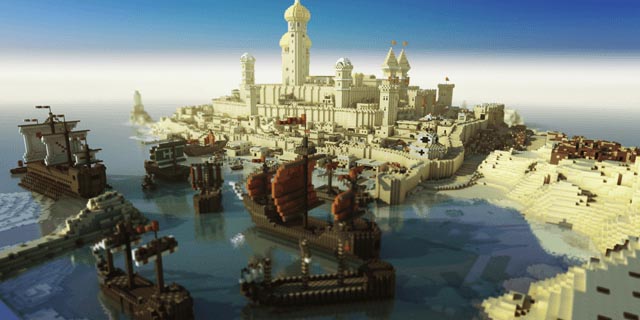
The most hardcore Minecraft fans probably already know this, but Minecraft is not an original creation. It sure seemed that way when the game’s popularity first exploded across the gaming scene. A procedurally generated world where every entity is composed of blocks? It seemed like a creative and novel idea.
Not to take away from Minecraft’s fun and success – I’ve sunk a lot of hours into that game – but even the creator of Minecraft admits that the game design was “heavily inspired” by another game, Infiniminer. Infiniminer was a team-based multiplayer game where players would mine through a block-based world to collect minerals for points.
Why is Minecraft better? It’s all about purpose. Both games involve mining for minerals, but the reason for doing so makes all the difference. In Infiniminer, you’re gathering minerals for arbitrary points. In Minecraft, you’re gathering materials so you can keep building. One is an external motivation while the other is an internal motivation. The latter is more powerful.
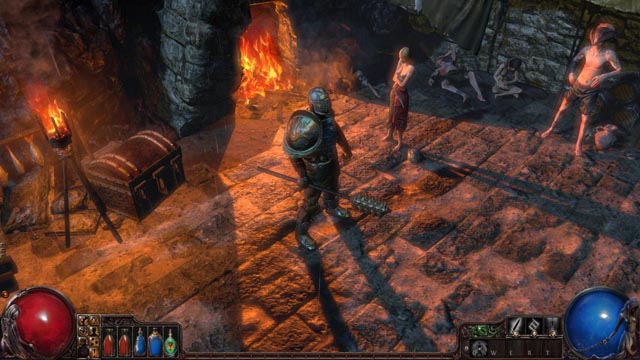
Diablo wasn’t the first third-person hack-and-slash action-RPG to grace the gaming market, but it is the most recognizable name in the genre. Gamers have spent millions of hours playing the Diablo series, and many would contend that no clones have even come close to replicating or improving the experience.
But if there’s any title that deserves to dethrone Diablo, it would have to be Path of Exile.
Why is Path of Exile better? It has a complex skill system that allows for a wide range of character building choices and more robust itemization. It has a rich atmosphere and compelling story that didn’t flop like Diablo’s latest iteration. But most of all, it had a great F2P system that shone even brighter against Diablo 3’s supremely flawed real money auction house system.
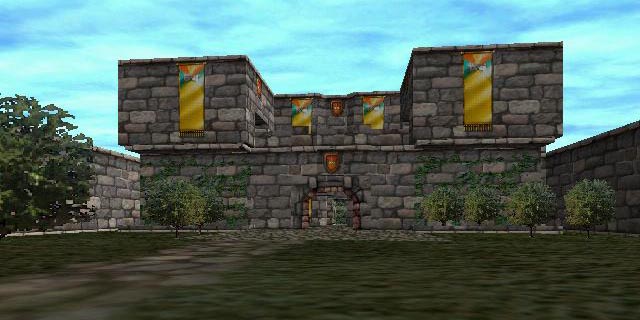
EverQuest is often lauded as a pioneer of the MMORPG genre alongside Ultima Online, Meridian 59, and Asheron’s Call. Though that might be true, EverQuest was not an original creation. Many of its game systems were inspired by and derived from an older text-based MMORPG called SojournMUD.
Brad McQuaid, the key designer of EverQuest, was an avid SojournMUD player and ported much of the text-based gameplay into a graphical format. The similarities were more than uncanny, and there were even accusations that EverQuest had stolen code. All of that has since been cleared up, but it’s interesting to note the striking similarities.
Why is EverQuest better? The graphics engine was an immediate improvement to the gaming experience. EverQuest took the heart of SojournMUD and brought multiplayer RPG gaming to the masses – perhaps not at the level that World of Warcraft did, but EverQuest improved upon SojournMUD in nearly every way.
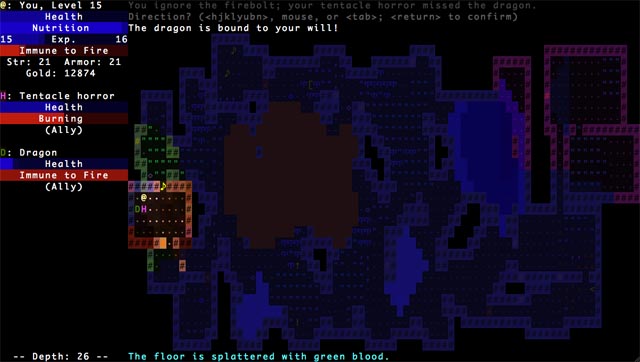
Roguelikes have been making a big comeback lately. They’re nowhere near as popular as Call of Duty or League of Legends, but relatively speaking, the genre is more popular today than ever before, and there are even some good roguelikes on Android. As the name would imply, roguelikes all began with a game called Rogue.
Brogue is related enough to the original Rogue that it could be called a clone or a descendent, but there are some big changes that improve on the original. Brogue is what Rogue should’ve been from the start.
Why is Brogue better? The learning curve is arguably the best out of all roguelikes currently available, making it a great roguelike for people new to the genre. The gameplay is straightforward but retains a lot of the strategic depth that’s core to roguelikes. The graphics are ASCII-based, but they’re shockingly beautiful.
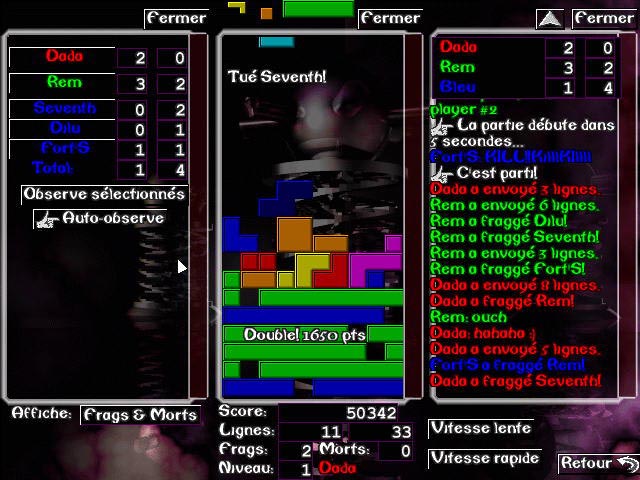
Tetris is up there as one of the most renowned titles in gaming history. Many people have tried to take it and improve it, but few have succeeded. Tetris is simple and perfect. Adding bells and whistles would be a travesty that detracts from the overall experience, right? Take a look at Quadra and reconsider that position.
Why is Quadra better? Quadra is great because it doesn’t try to change the Tetris formula. It doesn’t throw in gimmicks to set it apart. It takes the pure gameplay of Tetris and makes it even smoother. It adds a lot of extra stats, like lines per minute. But best of all, you can play up to 4-way multiplayer over the Internet, and you can even spectate matches in progress. Tetris as it ought to be.
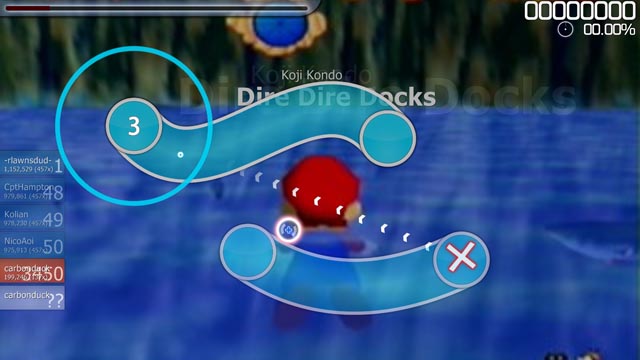
Music games are a dime a dozen. Dance Dance Revolution is arguably the game that pioneered the genre, which was soon followed by hits like Guitar Hero and Rock Band. In 2005, iNiS took it one step further with Osu! Tatakae! Ouendan (only released in Japan) and Elite Beat Agents a year later, requiring players to tap on screen circles in rhythm to songs. It’s a small technical change, but the resulting game experience is on another level.
Why is Osu! better? Osu! has gone through a few big changes over the years and it is now a game that’s highly worth your time. Whereas Elite Beat Agents, and Osu! Tatakae! Ouendan before it, was only available for the Nintendo DS with a limited track listing, Osu! is not only available on Windows, Mac, iOS and Android, but players can create their own beatmaps using whatever music they want, effectively allowing for endless replayability.
In other words, Osu! is to Elite Beat Agents as Stepmania was to Dance Dance Revolution. But between the two, Osu! is leaps and bounds ahead of Stepmania in terms of fun, engagement, and replayability.
Which game clones do you like better than the originals? From retro Pong to next-gen shooters, your opinion is wanted. Share with us in the comments!
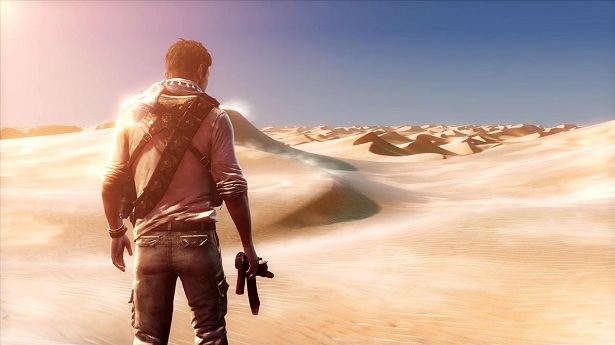
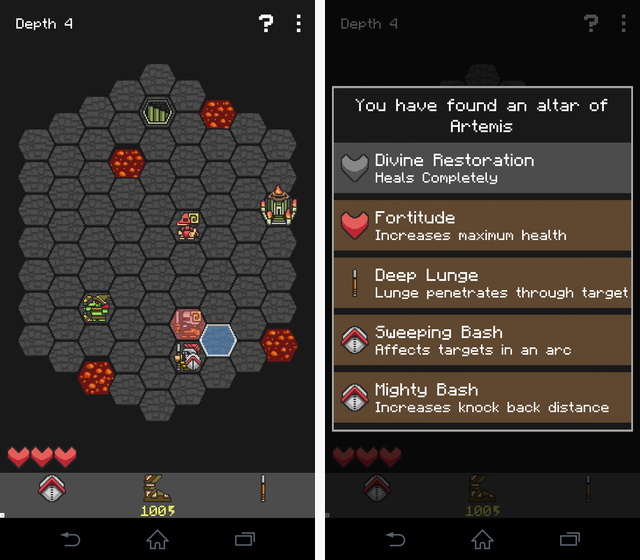

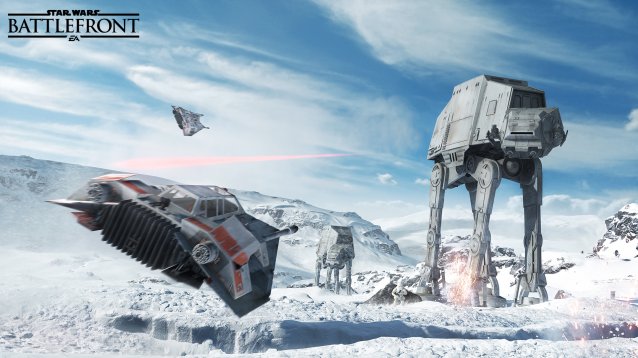
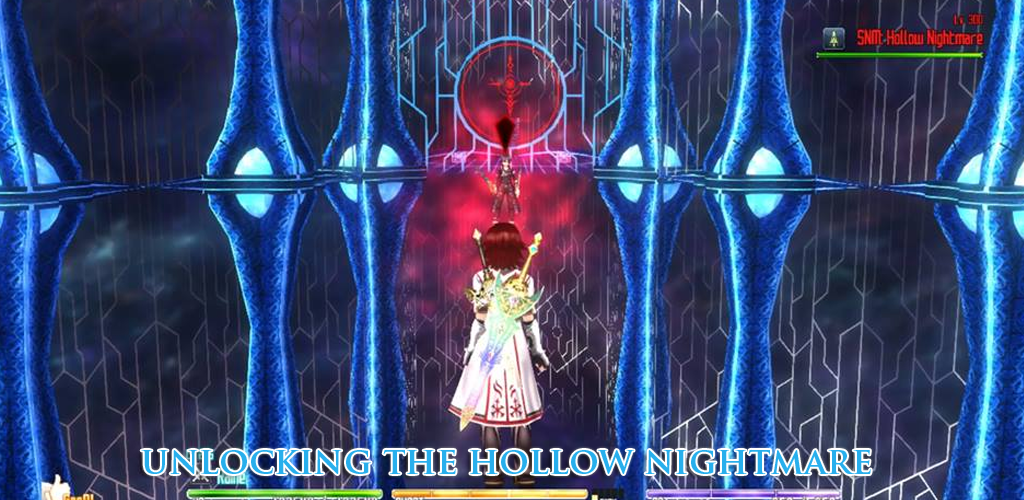 Unlocking the Hollow Nightmare in Sword Art Online Re; Hollow Fragment
Unlocking the Hollow Nightmare in Sword Art Online Re; Hollow Fragment What Are The Biggest Trends In Design For 2016? Get Ahead Of The Curve
What Are The Biggest Trends In Design For 2016? Get Ahead Of The Curve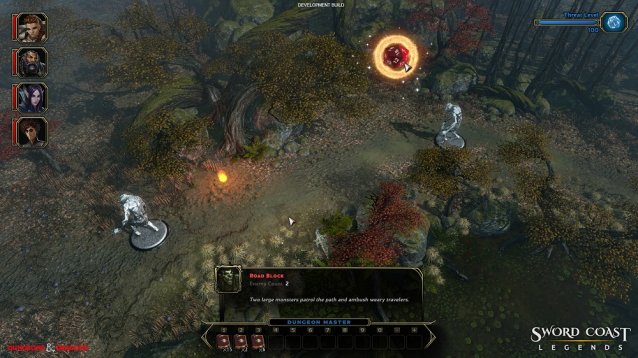 Of Dungeons and Dungeoneering: Sword Coast Legends Interview With Dan Tudge
Of Dungeons and Dungeoneering: Sword Coast Legends Interview With Dan Tudge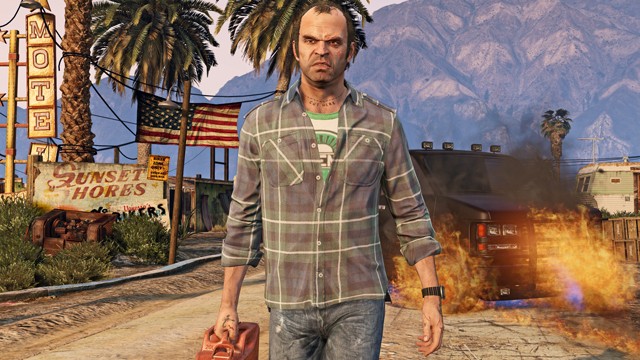 GTA V PC Guide: How To Add/Use Your Own Music On The Radio Stations
GTA V PC Guide: How To Add/Use Your Own Music On The Radio Stations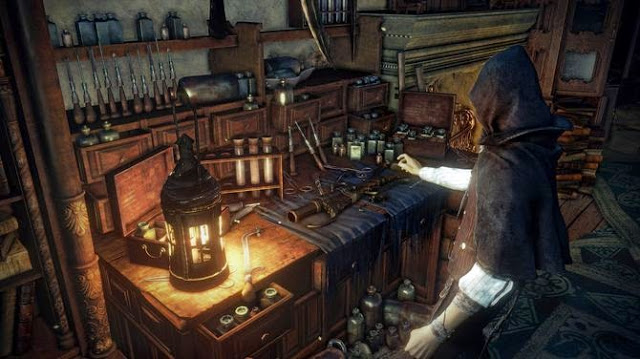 Bloodborne (PS4) Multiplayer mode tips
Bloodborne (PS4) Multiplayer mode tips